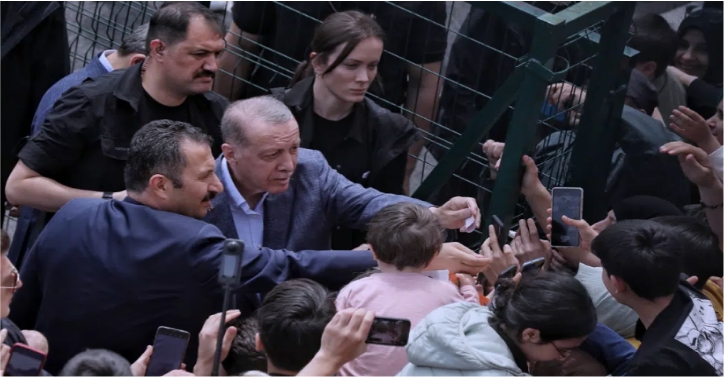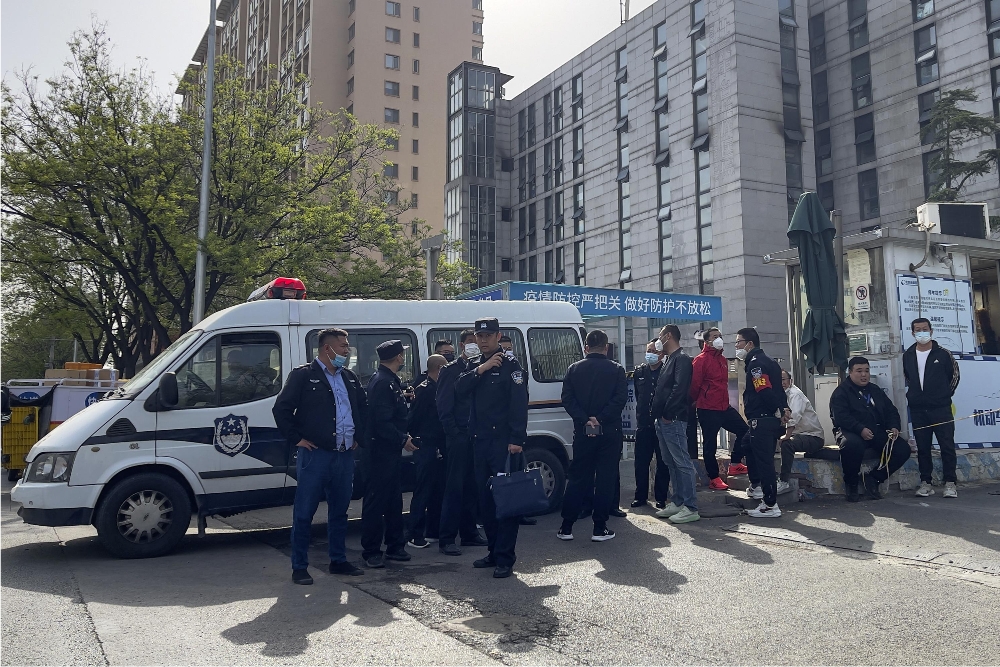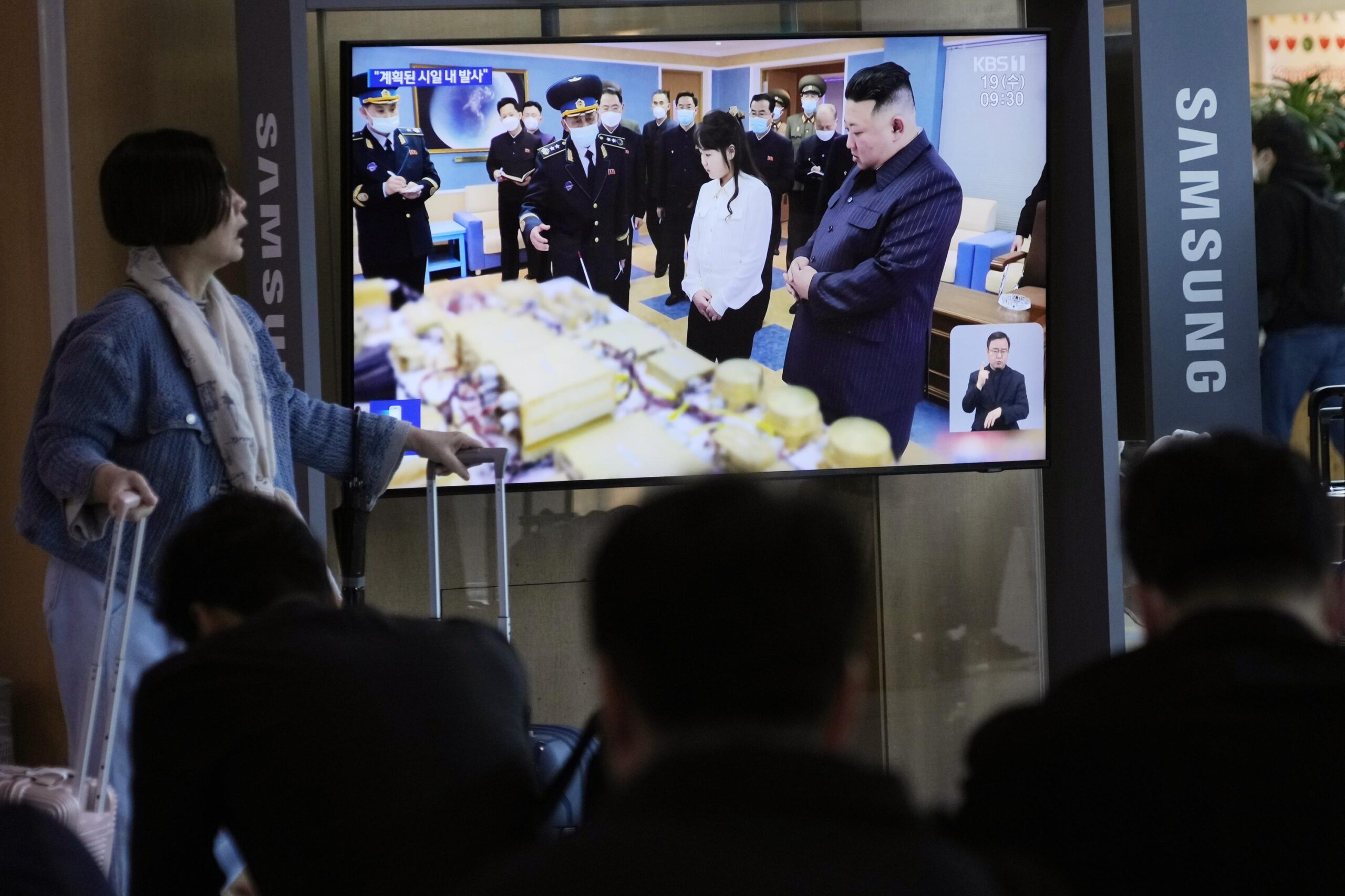Human traffickers are taking young women and girls from Nepalese villages to be exploited in the Asian sex trade, according to a child rights activist.
An estimated 15,000 Nepali girls are trafficked each year to work in Indian brothels and there are fears that displacement camps set up after the recent earthquake are already being targeted.
Bhuwan Ribhu from the charity Bachpan Bachao Andolan said: “Our teams on the ground in Bhaktapur, Gorkha and the surrounding areas of Kathmandu have seen people going there in the name of relief and promising jobs to children and adolescent girls.
“And we fear they will be trafficked for sexual exploitation and for forced labour.”
There are reports of four children having been rescued by the Indian Armed Border Force (SSB) from Raxaul, the Indian-Nepal border town, on Monday while they were been trafficked.
SB Sharma, the director general of the Indian Armed Border Force, told reporters they are working to verify the reports and have stepped up security at the border town.
Activists say in recent years many girls have been trafficked to the Gulf States and South Asia.
Nepal is one of the poorest countries in the world and receives almost $1bn (£656bn) in aid every year.
The country has been riven by years of political turmoil that have hindered economic progress and growth.
The 7.8-magnitude earthquake killed more than 7,500 people and caused misery in remote parts of the country where aid is yet to reach.
It is estimated that the cost of rebuilding could be as high as $10bn (£6.5bn).
Rishi Kant, co-founder of Shaktivahini, another charity that has worked extensively on women’s rights told Sky News: “On our request Indian state governments have increased police presence and vigil on the porous border between India and Nepal to check trafficking.”
The US department of Trafficking in Persons Report rates Nepal as Tier 2, which means the Nepal government does not fully comply with the minimum standards for the elimination of trafficking.
India shares a long and porous border with Nepal and with most of the country’s security personnel involved in rescue and relief operations there are few resources left to check trafficking at the borders.

















